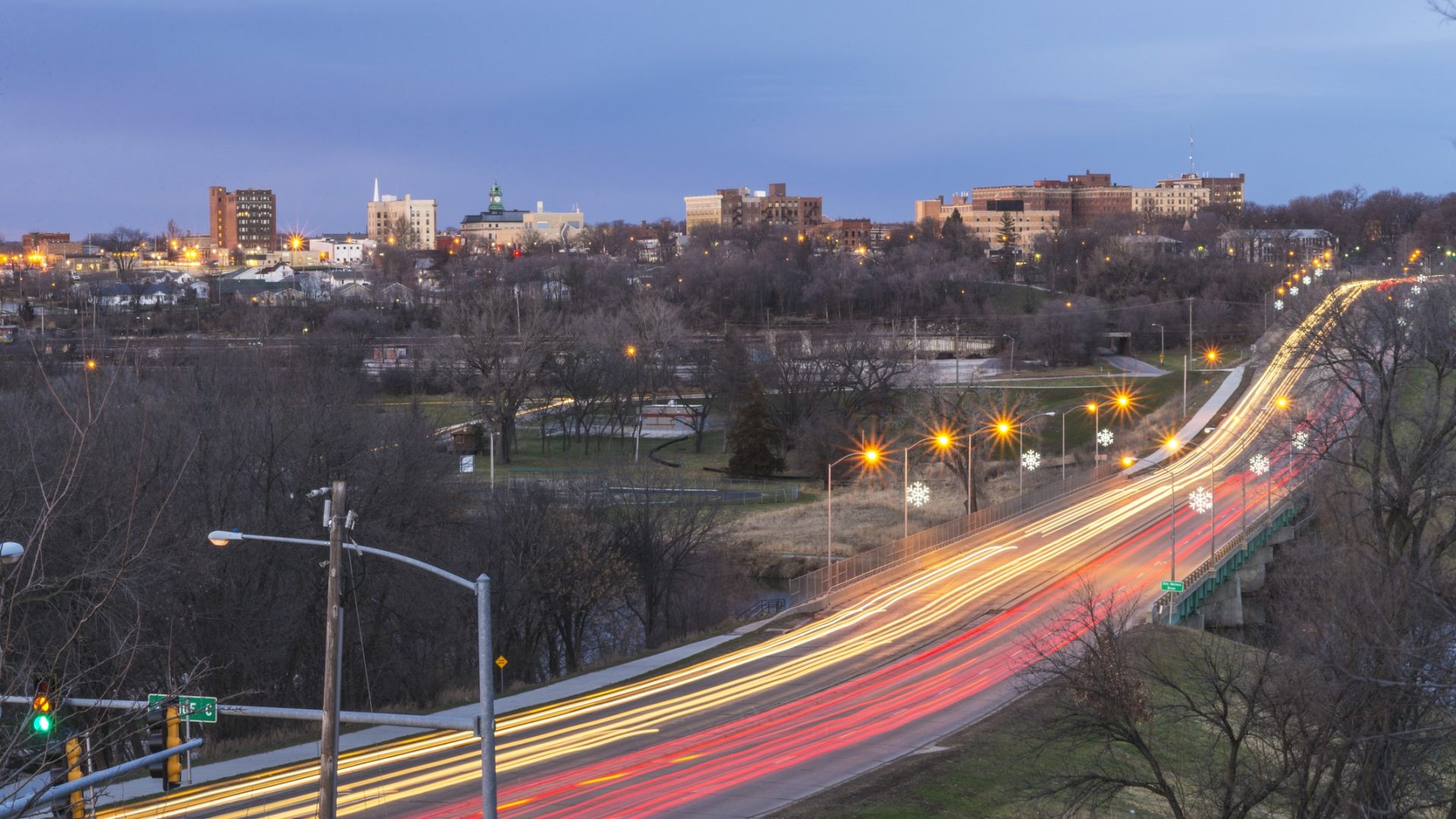




Starting January 7, 2025, New York City will implement a new congestion toll for drivers entering Manhattan, marking a significant shift in the city's approach to managing traffic. The toll, which will charge $9 during peak hours, is designed to alleviate congestion and improve air quality in the densely populated area. The Metropolitan Transportation Authority (MTA) will oversee the implementation of this initiative, which has been the subject of extensive political debate and legal challenges over the past few years. [7fe7acb0]
The toll will apply from 5 a.m. to 9 p.m. on weekdays and from 9 a.m. to 9 p.m. on weekends, with reduced fees during off-peak hours. Large trucks will face a toll of $21.60, while small trucks will be charged $14.40, and motorcycles will incur a fee of $4.50 during peak hours. The MTA estimates that this program could generate approximately $15 billion for public transit improvements. [1d8c154a]
Despite the anticipated benefits, the congestion pricing initiative has faced significant opposition from local politicians and residents. Critics, including Rep. Nicole Malliotakis and Governor Kathy Hochul, argue that the toll could harm the local economy and deter visitors from the city. A recent Siena College poll revealed that 51% of New Yorkers oppose the toll, reflecting a considerable public backlash. [1d8c154a]
In response to concerns about the financial impact on low-income drivers, the MTA has introduced discounts to help alleviate the burden. The congestion pricing is part of a broader trend seen in cities like London, where similar measures have been implemented to manage traffic and improve urban air quality. [2b02c0dc]
The urgency of addressing traffic congestion is underscored by a report from INRIX, which noted that U.S. drivers lost a total of 42 hours to traffic congestion in 2023, costing them $733 per driver. [2b02c0dc]
Additionally, the MTA has approved a $19.9 billion operating budget for 2025, which includes a planned 4% fare and toll increase set to take effect in August 2025. This budget will support ongoing growth and cover various operational costs, including $2.5 billion for debt payments, as the MTA's total debt stood at $46 billion as of December 11, 2024. [06f70628]
As cities across the U.S. continue to grapple with transportation costs, a recent GOBankingRates article highlighted the 15 biggest cities with the cheapest transportation costs, revealing that the annual cost per person in 2023 was $12,295. Cities like San Antonio, Charlotte, and Tucson topped the list for affordability, emphasizing the need for effective transportation policies that can alleviate congestion while remaining economically viable for residents. [d437d8bc]